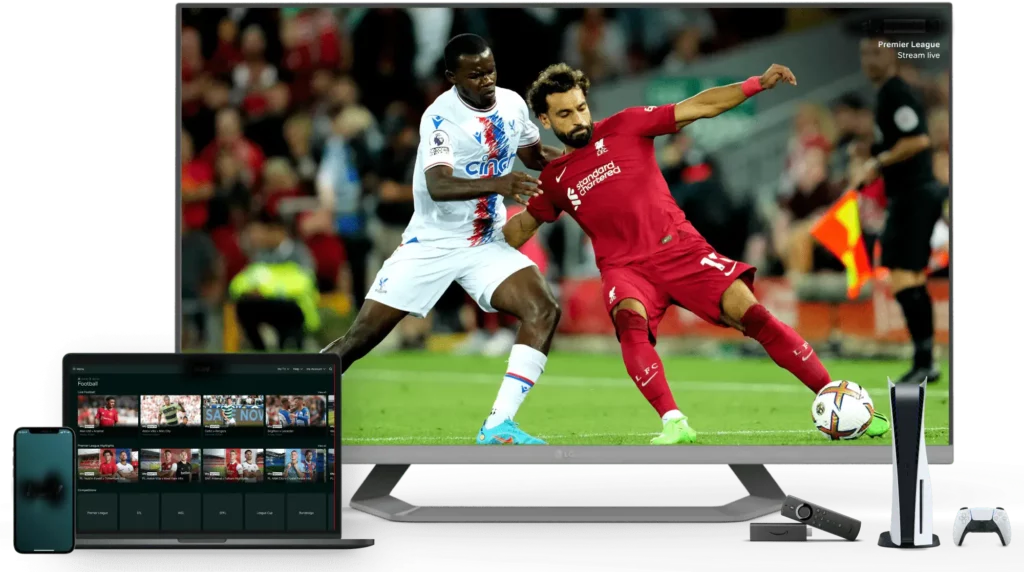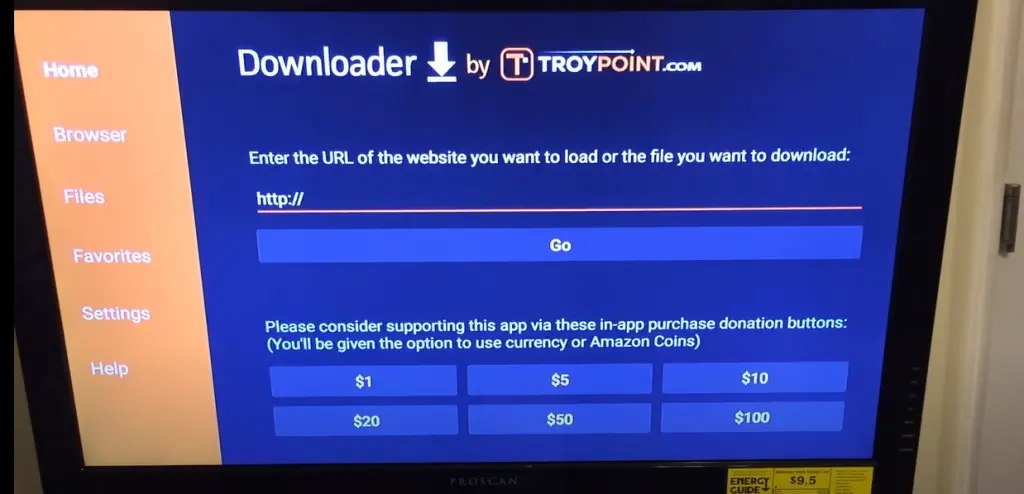How To Transmit IPTV
IPTV, or Internet Protocol Television, is the technology that is rapidly becoming more popular than traditional cable or satellite television. With IPTV, you can access your favorite television content, including live programming, on-demand movies and TV shows, and even streaming music, all via the Internet.
For many people, IPTV is the ideal solution for their entertainment needs. However, if you’re looking to transmit IPTV, there are a few things you need to know. In this blog post, we’ll outline the basics of how to transmit IPTV, and give you some tips on how to get the best possible experience.
What You Need To Transmit IPTV
Before you can begin transmitting IPTV, you’ll need a few key things. First and foremost, you’ll need an IPTV service provider. There are numerous IPTV providers available, each with their own selection of channels and content. You’ll want to do your research and find an IPTV provider that offers the content you’re looking for, at a price that works with your budget.
Next, you’ll need a device that can receive and decode the IPTV signal. This can include an IPTV box, a smart TV with IPTV capabilities, or a computer or mobile device with the right software.
Finally, you’ll need a reliable high-speed internet connection. IPTV requires a lot of bandwidth, so you’ll want to make sure that your internet connection is up to the task. It’s worth noting that some IPTV providers offer their own dedicated internet connections, which can help ensure a consistent and high-quality viewing experience.
Setting Up Your IPTV Device
Once you have all of the necessary components, it’s time to set up your IPTV device. This can vary depending on what kind of device you have, but generally, you’ll need to connect your device to your internet connection, and then enter your IPTV provider’s login information.
Once you’re connected, you should be able to access your IPTV content. This can include live TV channels, on-demand movies and TV shows, and other content. You may also be able to customize your IPTV experience with features like channel favoriting, parental controls, and more.
Getting The Best Possible IPTV Experience
To get the best possible IPTV experience, there are a few things you can do. First, make sure that you have a robust and reliable internet connection. This is especially important if you plan on streaming HD content, as the higher resolution requires more bandwidth.
You may also want to consider using an Ethernet connection instead of WiFi, as Ethernet is typically faster and more stable. Additionally, if you’re experiencing buffering or other issues, you may want to try adjusting your video quality setting. Lowering the resolution can help reduce buffering, but may result in lower image quality.
Finally, make sure that you’re using a reputable IPTV provider. While there are many options available, not all IPTV providers are created equal. Look for providers that offer a wide selection of channels and content, and have a track record of reliable service.
Conclusion
Transmitting IPTV can be a great way to access your favorite television content from the comfort of your home. By following the steps outlined in this blog post, and taking the time to set up your IPTV service and device properly, you can enjoy a high-quality viewing experience that rivals traditional cable or satellite TV.
Get your subscription today: iptvuk.uk






